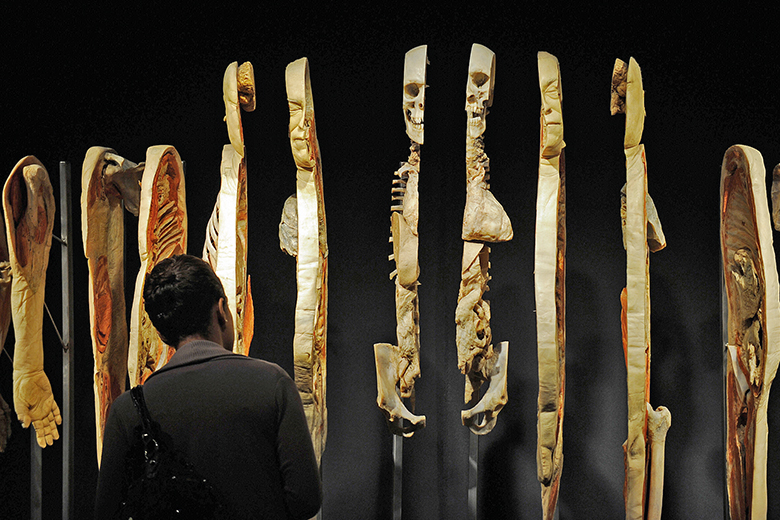Some of Britain’s top medical research centres might struggle to attract the same high-calibre international researchers once their core budgets are cut by as much as 70 per cent under a new funding model, senior scientists have warned.
At present, the Medical Research Council (MRC) spends about 40 per cent of its £548 million annual budget on long-term investments in its institutes, centres and units, the last of which receive up to about £10 million a year and are reviewed every five years. However, a review of MRC units in 2020 identified new areas of research where there were “clear opportunities to improve impact”, and the council announced a new MRC Centre of Research Excellence (CoRE) model last year – in which unit funding is capped at £3 million annually from next year.
In addition, MRC core grants will fund only up to 30 per cent of the salaries of the unit’s principal investigators and leadership team “in line with their research contribution”, while support for PhD studentships will be limited to two a year.
With the deadline for the first CoRE funding call just passed, unit leaders and scientists have now expressed their concerns. Tim Dalgleish, programme leader at the MRC Cognition and Brain Sciences Unit (CBU), which has been based at the University of Cambridge for almost 80 years, tweeted that when its current funding expires in 2027, it would be “an end of an era for the CBU as we know it”.


